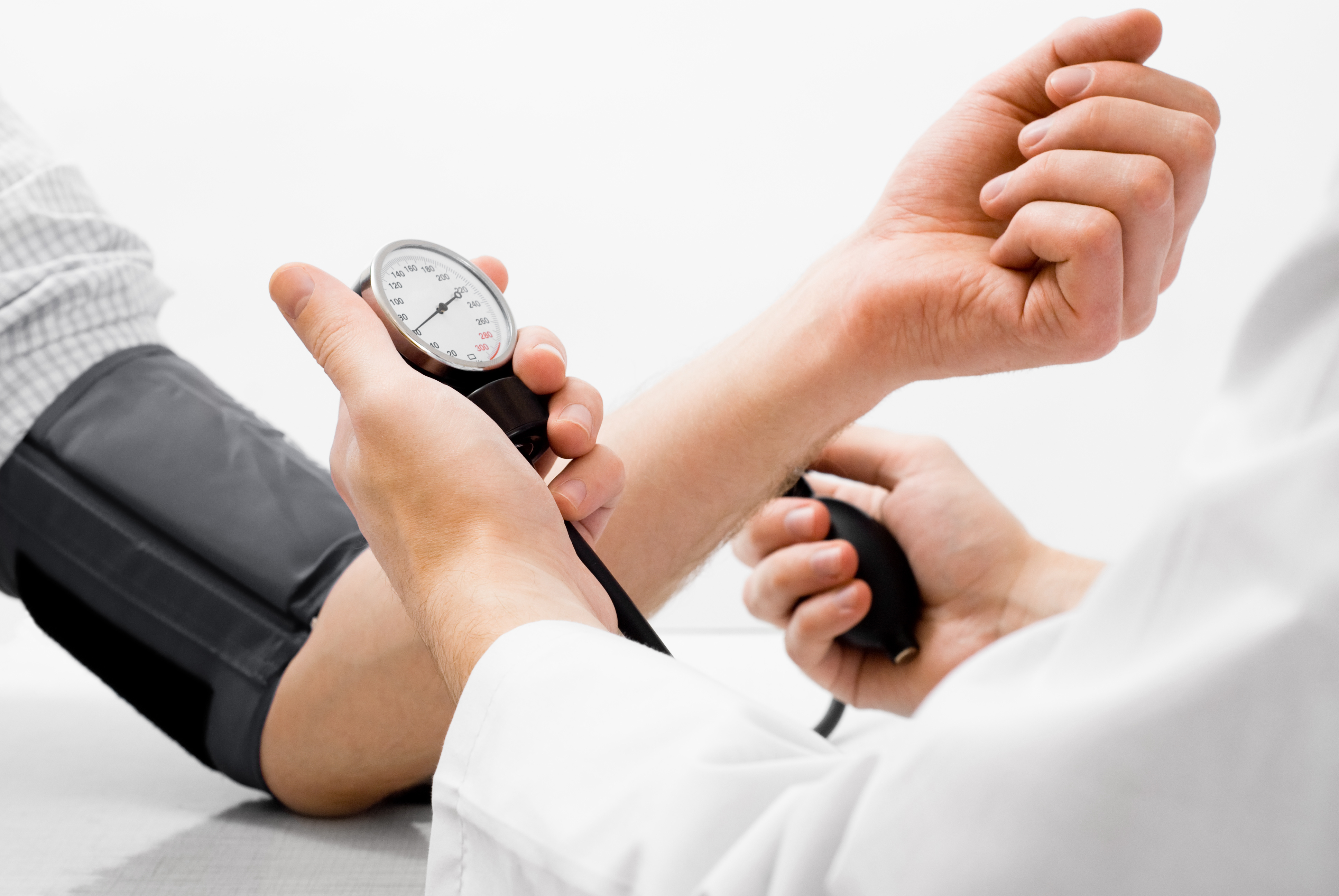Types of Heart Diseases and Healthy Heart Tips
Cardiac illness and heart attack has turned out as one of the greatest killers in recent times. But in most cases it can be prevented with simple measures. Our present hectic lifestyle along with over-dependence on processed foods and alcohol is taking a toll on the heart. What we badly need is a healthy lifestyle routine that combines a healthy and well-balanced diet with physical activity.
Types of Heart Diseases
Although coronary heart disease is the most common type of heart disease, there are various others that are caused by different conditions.
-
Coronary artery disease
-
Heart attack
-
Enlarged heart
-
Irregular heartbeat
-
Heart valve disease
-
Heart muscle disease
-
Thickening of walls of the heart
Simple Tips to Maintain and Improve Heart Health
Heart disease involves a wide range of factors and has emerged as the biggest cause of death worldwide. But some simple lifestyle changes along with daily exercise can help in preventing the risk of developing heart diseases considerably.
 |
Plan a Healthy Diet
The most important tip for improving heart health is planning out and following a heart healthy diet rich in nutrients. Make it a point to eat five servings of fruits and vegetables each day. Include fiber-rich whole grains, leafy vegetables, fruits and nuts in your diet. Opt for low-fat dairy products and cut out the intake of saturated fat, trans-fat, and cholesterol. Avoid red meat and processed meat. Eat lean cuts of meat, chicken, turkey and fish.
|
 |
Stop Smoking
Tobacco in any form is injurious for health and smoking is a major reason for coronary heart disease. Chemicals present in tobacco damage the walls of arteries and blood vessels and increase the risk of atherosclerosis. Carbon monoxide produced by cigarette smoke replaces some of the oxygen in blood and pumps up heartbeat by increasing blood pressure. Nicotine increases blood pressure and affects brain functions and tar damages the lungs and cause breathing problems.
|
 |
Cut Down Alcohol Intake
One of the most important tips for a healthy heart is limiting the intake of alcohol. Over dependence on alcohol can lead to weight gain and increased blood pressure that puts excessive pressure on the heart muscles and results in heart attack and stroke. Heavy drinking over a long period also weakens heart muscles and reduces its capacity to pump blood throughout the body. Binge drinking makes the heartbeat irregular along with the feeling of breathlessness that can lead to sudden death. Limit alcohol intake within 1 to 2 servings per day and try to cut out the habit gradually.
|
 |
Maintain Healthy Weight
Try to maintain healthy weight at all times by combining workouts with well-balancedweight loss diet that is low in trans-fat and high in fibers, vitamins, proteins and minerals. Being overweight or obese increases the risk of developing heart disease by raising blood pressure, cholesterol and blood sugar level. Special attention should be given towards managing the waistline. Men with waist measurement of more than 40 inches and women with waist measurement of more than 35 inches are considered to be overweight.
|
 |
Eat Fish
Oily fishes such as sardines, salmon, tuna and herring are a rich source of fish oil omega 3 fatty acids that helps in cutting out the risk of heart disease considerably. Omega 3 fatty acids help in lowering blood pressure and triglyceride levels in the blood. It also helps in slowing down the growth of plaque that blocks the arteries. Omega 3 fatty acids normalize the heartbeat and reduce the risk of sudden death through arrhythmia. Include at least 3 to 4 servings of oily fish per week in your heart healthy diet to reduce the risk of stroke and heart failure.
|
 |
Reduce Salt Intake
Raised blood pressure is a major reason for heart disease that leads to heart attack and stroke and salt intake has a direct impact on blood pressure. Salt increases water retention and this excess water exert more pressure on the blood vessels and arteries which in turn puts strain on the heart muscles. Try to limit daily salt intake within half teaspoon in order to maintain blood pressure at healthy level. Also stay away from processed and fast foods that have a high concentration of salt.
|
 |
Manage Stress
The present hectic lifestyle along with constant work pressure leads to stress that causesanxiety and depression. Excessive stress raises blood pressure and heartbeat and increases the risk of heart diseases. Chronic stress also leads to rise in blood pressure and cholesterol. Try to relax your mind and unwind by taking long walks, enjoying soothing music and laughing with your friends and family.
|
 |
Exercise Regularly
Healthy lifestyle changes such as including 30 minutes to 1 hour of workout in your health care regime can go a long way in improving the heart health. Moderately intense activity for 30 minutes for at least 5 days a week increases the heart rate and helps in burning calories so that the weight remains under control. It also helps in controlling other health conditions such as high blood pressure, high cholesterol and diabetes. Go for brisk walks, cycling, jogging or join dance classes or aerobics sessions- whatever makes you happy and satisfied.
|
 |
Control Blood pressure and cholesterol
High blood pressure and high cholesterol cause immense damage to the heart, blood vessels and arteries. It is important to monitor blood pressure and cholesterol on a regular basis because uncontrolled high blood pressure for a prolonged period can damage arterial walls, increase plaque buildup, harden the arteries and lead to coronary artery disease. High cholesterol in the blood also increases plaque buildup that blocks the coronary artery and leads to stroke and heart attack.
|
 |
Check Blood Sugar Level
People suffering from type 1 and type 2 diabetes are at the greatest risk of developing heart disease and therefore it is important to keep it under control and monitor it at regular interval. High level of insulin present in the blood of diabetic patients damages the lining of blood vessels and causes inflammation. Diabetes reduces blood flow throughout the body and increases the risk of heart attack and stroke.
|
Follow these simple tips and introduce the changes in your daily life to minimize the risk of heart diseases, heart attack and stroke naturally.